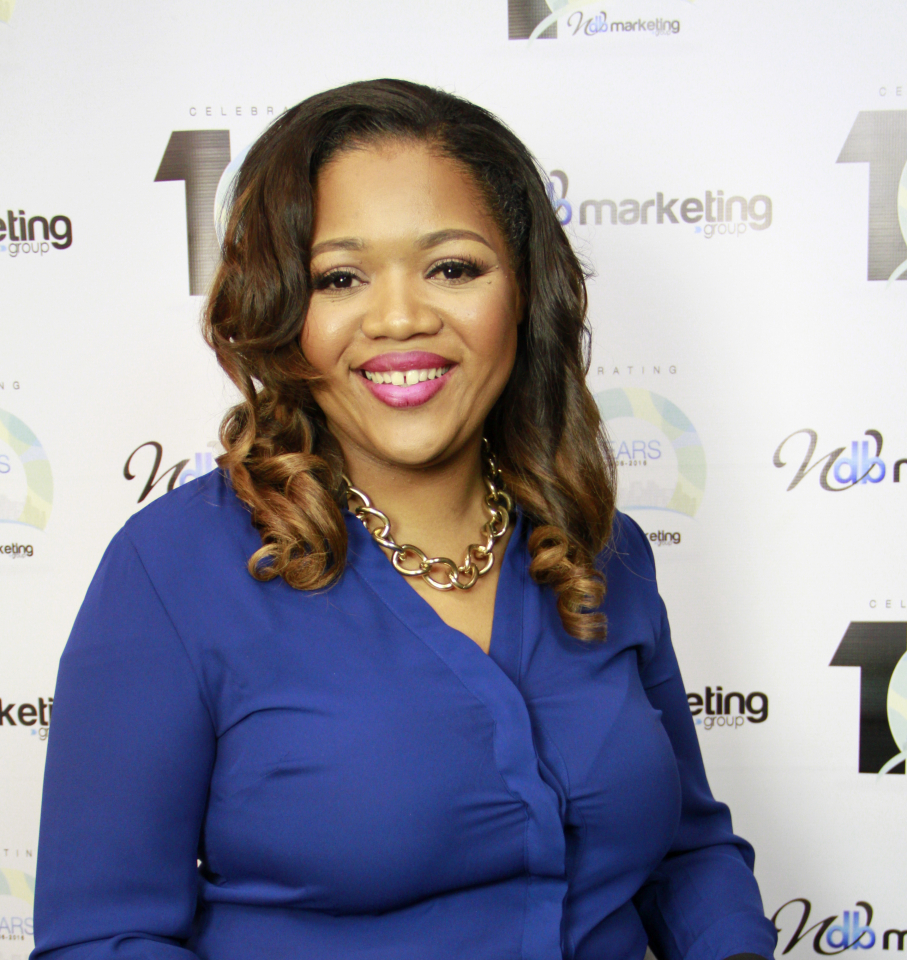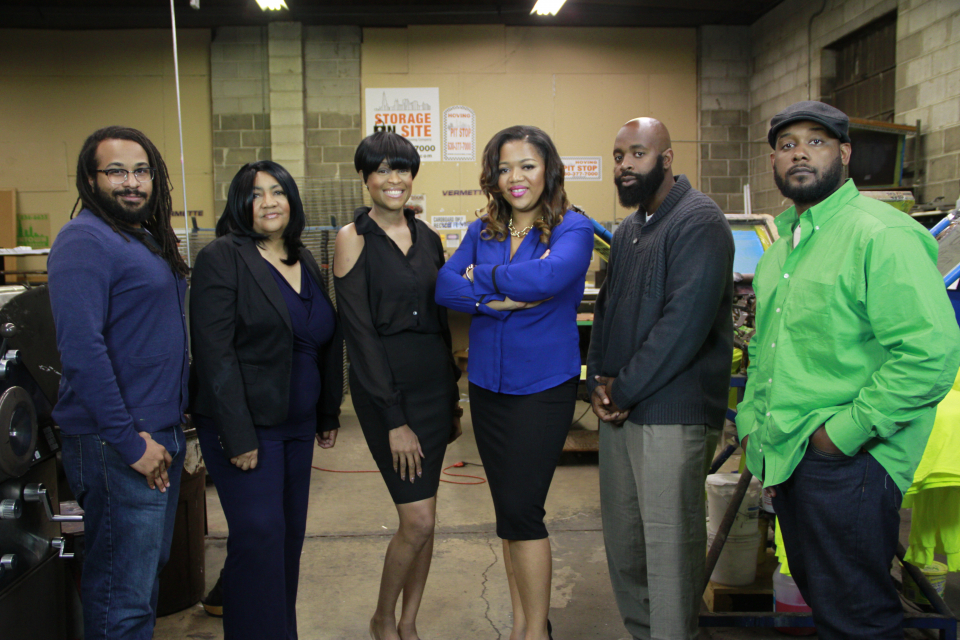
With the mission of expanding opportunities for established business owners and entrepreneurial aspirants, Black Enterprise came to Charlotte to kick off the Entrepreneurs Summit, which will be held June 6-9, 2018, at the city’s convention center. A mix of media outlets as well as scores of entrepreneurs, corporate leaders, and government officials, including Mayor Vi Lyles, assembled at the expansive Park Expo and Conference Center for the formal announcement from the multimedia company’s President and CEO Earl G. Graves Jr.
Graves told the enthusiastic crowd why BE made the decision for a return engagement to one of the nation’s largest gathering of entrepreneurs for the first time in a decade: “We have grown to appreciate the Queen City as one of the nation’s fastest-growing cities with a positive business climate for companies, both large and small. It represents a major financial center as well as a nascent tech hub offering opportunities for startups as well as established firms.”
Home to More Than 13,000 Black-Owned Businesses
Citing that the Greater Charlotte area serves as home base for more than 13,000-plus black businesses, he added, “Our Summit seeks to facilitate the advancement of black-owned companies through sessions that emphasize gaining access to capital, capacity building, and application of new technology and big data to customize products and services, among myriad other business-building information.” The three-day event will provide attendees with both instruction and inspiration from a bevy of highly successful entrepreneurs and nationally acclaimed business experts as well as create an environment for business owners to build partnerships, cut deals, receive on-the-spot coaching, and gain access to government and corporate contracts.
Mayor: Partnership with Black Enterprise Will Drive “Economic Mobility”
Lyles, who made history last November as the first African American woman to be elected mayor of Charlotte, wholeheartedly embraced the Summit, maintaining that the city’s partnership with BE’s connects with key planks of her administration’s business agenda. “In the City of Charlotte, we have made a priority of improving economic mobility as it relates to small business development, high-paying jobs and broader access to opportunity,” she told the audience. “To be able to host the Summit, partnering with an organization that promotes the concept of economic mobility internationally in all that it publishes and in the events that it produces, is a true privilege for our great city.”
Rep. Alma Adams, the Democrat who represents North Carolina’s 12th congressional district, also welcomed BE, stating that the Summit will provide a valuable platform for the creation and expansion of African American business ownership in the metro area and nation as a whole.
Sponsors of the event also gained the opportunity to address the crowd. Lu Yarbrough, associate vice president for Enterprise Diverse & Cause Marketing for Nationwide Insurance, said the company “is proud of our long-standing partnership with Black Enterprise and the opportunity to serve for the eighth year as the host sponsor to recognize and support entrepreneurs today and in the future.”
Toyota and FedEx Express are other major corporate partners. Visit Charlotte, the city’s visitor and convention bureau will also serve as a sponsor of the Summit, which will showcase different businesses, institutions, restaurants and other features of the city.
In addition to the current slate of corporate and government partners, Graves was “extremely proud” of the addition of a local sponsor: Day Runner, a nationwide on-demand courier service based in Charlotte owned and operated by Marvin Walker, a young African American entrepreneur. “I had dreams of one day becoming an entrepreneur even from the days of growing up in Guyana selling plantain chips on the side of the street as a child. For me, the pages of Black Enterprise were a reminder that I could achieve dreams and act on my idea that today has become a multimillion-dollar business,” Walker told the crowd. “For that reason, I am proud to be a sponsor of the 2018 Black Enterprise Entrepreneurs Summit.”
He added: “By being a key sponsor of the Summit in Charlotte this year, I hope that another young person with an idea, a dream of being an entrepreneur will also have the chance to learn and interact with corporate leaders, business owners, and venture capitalists who may be able to help them make that dream a reality.”
Business Leaders Give Back to the Community
Others at the press conference also encouraged veteran business owners and executives to support the development of the next generation of black entrepreneurs. For instance, retired banking executive Lenny Springs, who was instrumental in working with BE to bring the event to the city in 2008, told the attendees that he would personally finance “scholarships” to send five young business owners to the Summit and urged others to do the same.

(Vanessa Vaughn of Asfalis receives a check and paid registration from Councilman James Mitchell, Mayor Lyles, and Graves. Photo: Tyrus Gaines)
Charlotte City Council member James Mitchell, chair of the energetic, robust local steering and ambassador committees, has been one of the Summit’s most vocal advocates over the past few months. In fact, he used the press conference as an opportunity to award Vanessa Vaughn, CEO of Charlotte-based Asfalis, a crisis management consulting firm, with a check to bolster its operations as well as a paid registration. He asserted: “We are lucky to have BE here and we want to show BE and the nation that this is an outstanding climate to promote black entrepreneurship.”
For more information on attending the Black Enterprise Entrepreneurs Summit, go here.



















